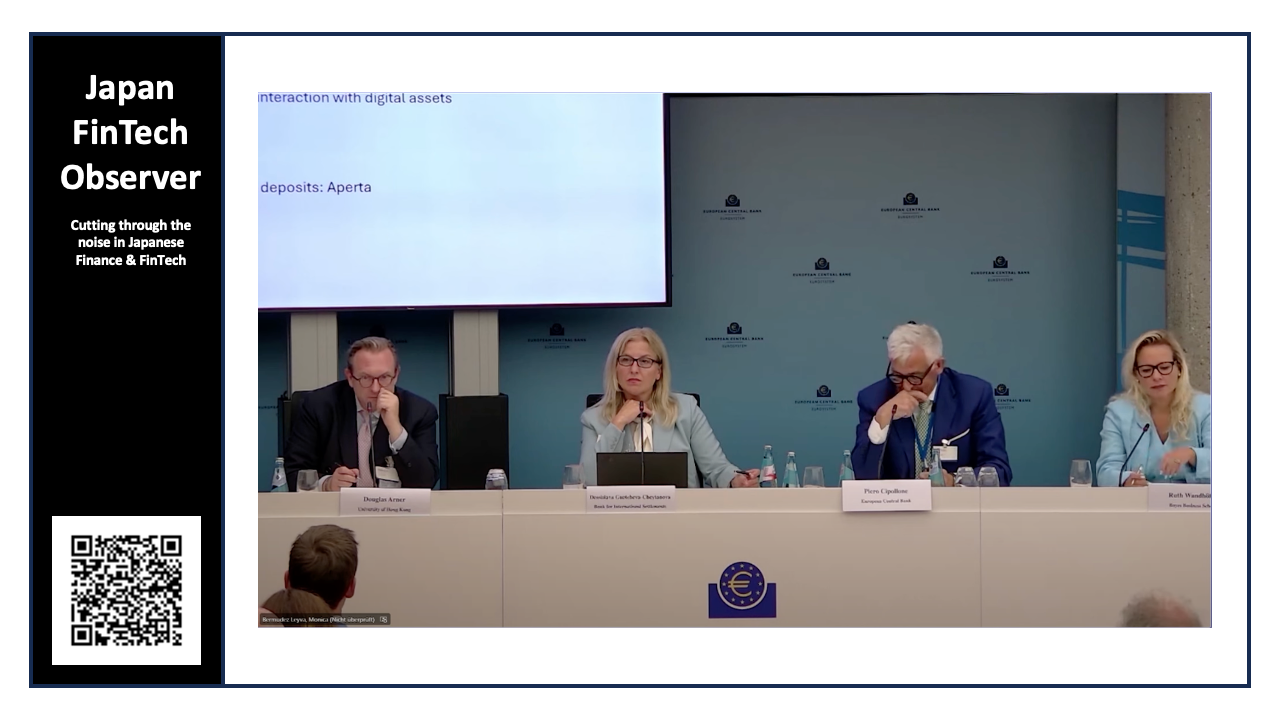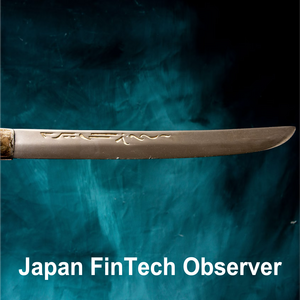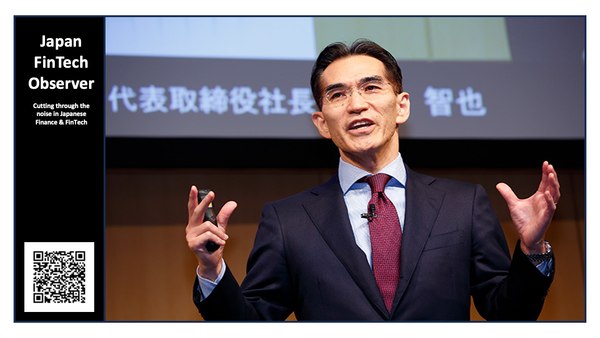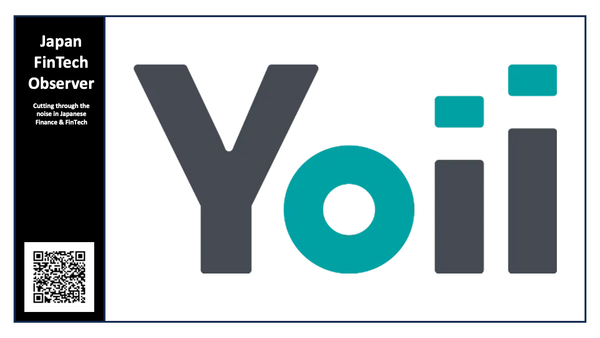SBI Shinsei Bank to launch Tokenized Deposits for Corporate Customers
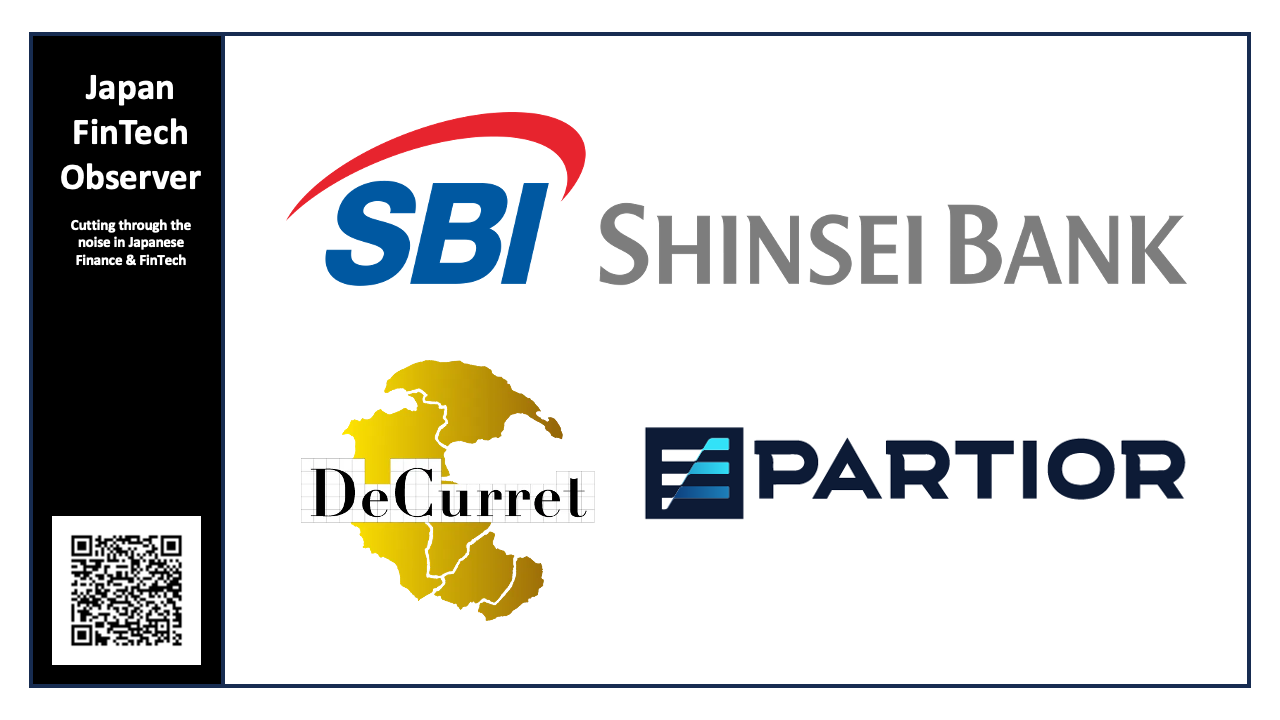
SBI Shinsei Bank is preparing to launch a digital currency for its corporate clients, with a target launch around fiscal 2026. By connecting to a global payment network pioneered by a leading U.S. financial institution, the bank aims to provide instant and low-cost international transactions, leveraging modern financial technology to enhance customer convenience.
The new digital currency, known as "DCJPY," is being developed by Decurret DCP, a subsidiary of the Internet Initiative Japan (IIJ) Group. SBI Shinsei Bank will issue DCJPY by converting deposits from corporate customers into the new digital format. Customers will be able to manage these funds through a dedicated DCJPY account linked to their existing deposit accounts, converting specified amounts at a fixed rate of 1 yen to 1 DCJPY and back again.
This technology works by transforming traditional bank deposits into "tokens," a digital format that can be transferred on a blockchain, or distributed ledger. These "tokenized deposits" allow for the creation of payment systems that are far more streamlined than the large-scale, complex infrastructure of legacy financial institutions. This blockchain-based approach makes low-cost, real-time remittances technically achievable.
A global leader in this field is JPMorgan Chase, which co-founded the "Partior" platform through a joint investment with Singapore's financial giant DBS Group Holdings and other partners. This network uses blockchain for international settlements and demonstrated its capabilities in October 2021 by completing an interbank transaction between U.S. dollars and Singapore dollars in just two minutes. The network is expanding, with major institutions like Standard Chartered Bank and other banks from Europe, the Americas, South Korea, and the Middle East planning to join.
By becoming one of the first Japanese institutions (after SMBC and Mizuho) to join the Partior network, SBI Shinsei Bank intends to offer its corporate clients seamless international payment capabilities. The bank also plans to extend this infrastructure to its regional financial partners, ultimately enabling them to support their own customers' overseas remittance needs. The overarching goal is to establish a system that allows for settlements 24 hours a day, 365 days a year.
This move is part of a larger trend within Japan's financial sector. Japan Post Bank, for instance, has also just announced plans to introduce its own DCJPY-based digital currency for depositors around fiscal 2026, foreseeing its use in settling digital securities and other applications.
